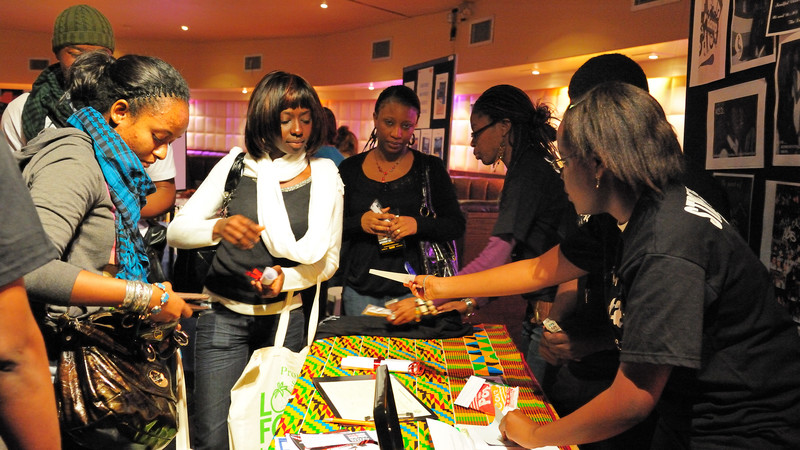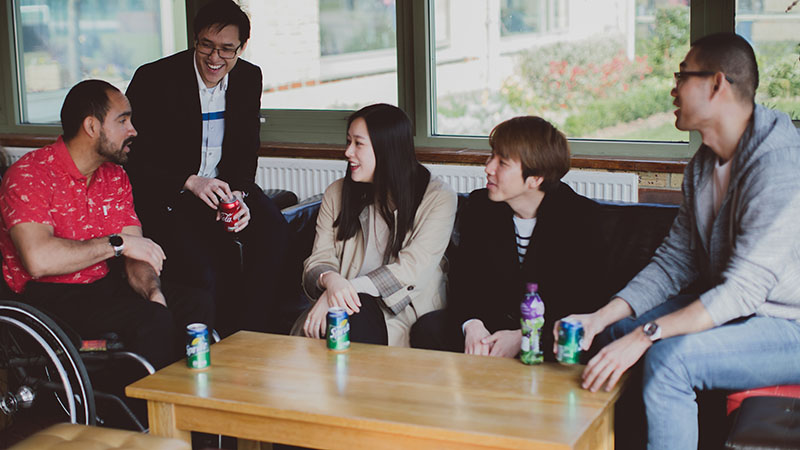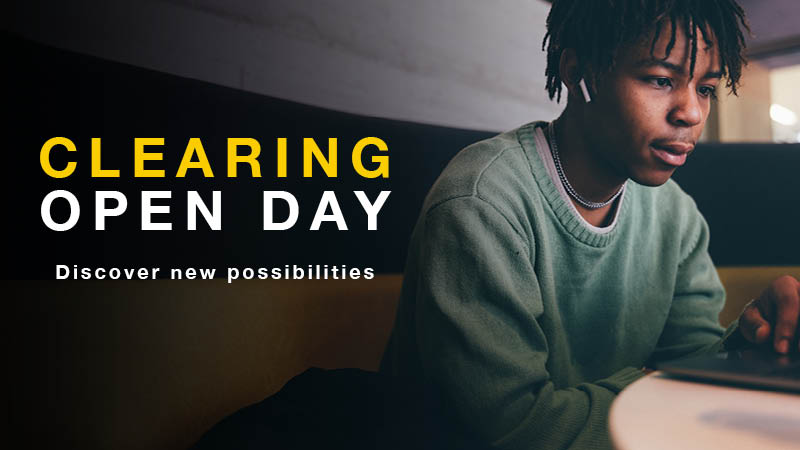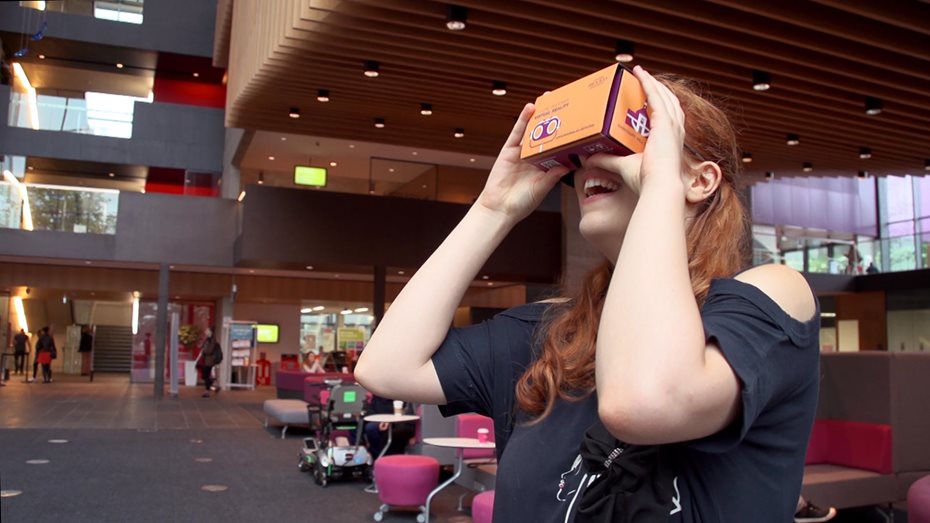University means different things to different people. Everybody’s experience will be different, so only you can answer this question. It’s a big decision, and you’ll invest a lot of time and money in going to university. Here is an overview of the benefits university could bring you, so you can make a decision about what’s best for you.
Should I go to university?
Ultimately, you’ll be at university to learn. University courses exist to give you in depth knowledge of a subject. This could be a subject you love, one to prepare you for a certain job, or something new that interests you. Universities give you different learning opportunities to any other institution. You will learn from experts, use the best facilities and meet people who are passionate about the same thing as you.
The Department for Education’s most recent research in 2024 showed that university graduates earn on average £10,000 more per year than people without a degree. The non-graduate unemployment rate (5.5%) was nearly double that of university graduates (3.2%). Having a university degree means you’re more likely to get a job, and would probably earn more.
Some people worry that studying instead of working puts them behind people who spent that time starting their careers. You might have heard that it's better to enter an organisation and 'work your way up'. This might be true in specific industries, but you should research this carefully. Some careers aren't an option without a degree, like medicine and law, and for many entry-level roles you need an undergraduate degree to get the job. Some employers offer fast-track schemes to help you advance - but only if you went to university. The skills and experience you gain at university (in all the ways we've listed here) will put you in a far stronger position to start work.
Remember, university is about learning. You’ll learn about your subject, you’ll learn more about yourself and where you might want to go in life, and you’ll learn transferable skills that will apply to most future careers. There are jobs you could have that might not even exist yet! A ‘job for life’ is an old idea, and you’re likely to have several roles in several fields during your career. Most courses will teach you critical thinking, good presentation, teamwork, time management and leadership that you can apply to any workplace. A degree can prepare you for a future that you haven’t even decided on yet.
In your first year, find something you love and do it in your spare time. Then in your second and third year you could help organise the society. You’ll be making friends, having fun, and showing off your skills to future employers. Most societies have a committee that run it. Roles like president, secretary, treasurer and social planner will need filling. You could gain event management, budgeting, problem solving and organisational skills while doing something you really enjoy! Find out more about societies at Oxford Brookes.

We live in a globalised economy. Employers want graduates with a global perspective, life experience and confidence. You want adventure and new experiences. Get both by studying or working abroad! Step outside your comfort zone and come home with broadened horizons, new friends and loads for your CV. Many universities organise exchanges with their partner institutions around the world. You could also take part in the Erasmus scheme, which focuses on universities in European countries. Find out more about study abroad and exchanges at Oxford Brookes.

All major universities have a students’ union. This is an organisation separate to the university run by students for students. It is dedicated to social activities, representation, and academic support. There are lots of ways to get involved with the students’ union. You can run for election to join the committee, become a course or student representative, volunteer or work on various projects…the list goes on. It all gives you great experience, helps you to meet new friends and looks brilliant on a CV. Find out more about Brookes Union.

The university, the students' union and societies will organise volunteering opportunities. This can change your life and open your eyes to things you've never experienced before. Whatever you volunteer to do, you will gain interpersonal skills, understanding and empathy. The fact that these skills will boost your employability is just the icing on the cake when you're helping people. Find out more about volunteering opportunities at Oxford Brookes.

Employers value work placements extremely highly. This is because you’ll have direct experience of working in their industry. Many courses offer a year-long paid or unpaid work placement after the second year. This is usually optional, and compulsory on some courses. Graduates often get offers of full-time employment from the company they had a placement with. Make sure you research your course to find out about work placement opportunities. Find out more about the benefits of doing a work placement.

This is a short term post with a company, often over the summer vacation. This helps you build up experience, skills and industry contacts. They are similar to work placements, but are not organised through a university. The university can help you find one and help with applications. Many internships are given only to graduates or undergraduates and are not available to people without a university background.

Universities are dedicated to helping you start a career. It’s up to you to make the most of the help they offer. Universities usually have a free careers service that you can use during your studies and for a time after graduating. These can provide careers advice and guidance, CV and cover letter writing workshops, mock interviews, and direct links to employers. This kind of service would cost you outside university. Find out more about how our Careers team can help you..




